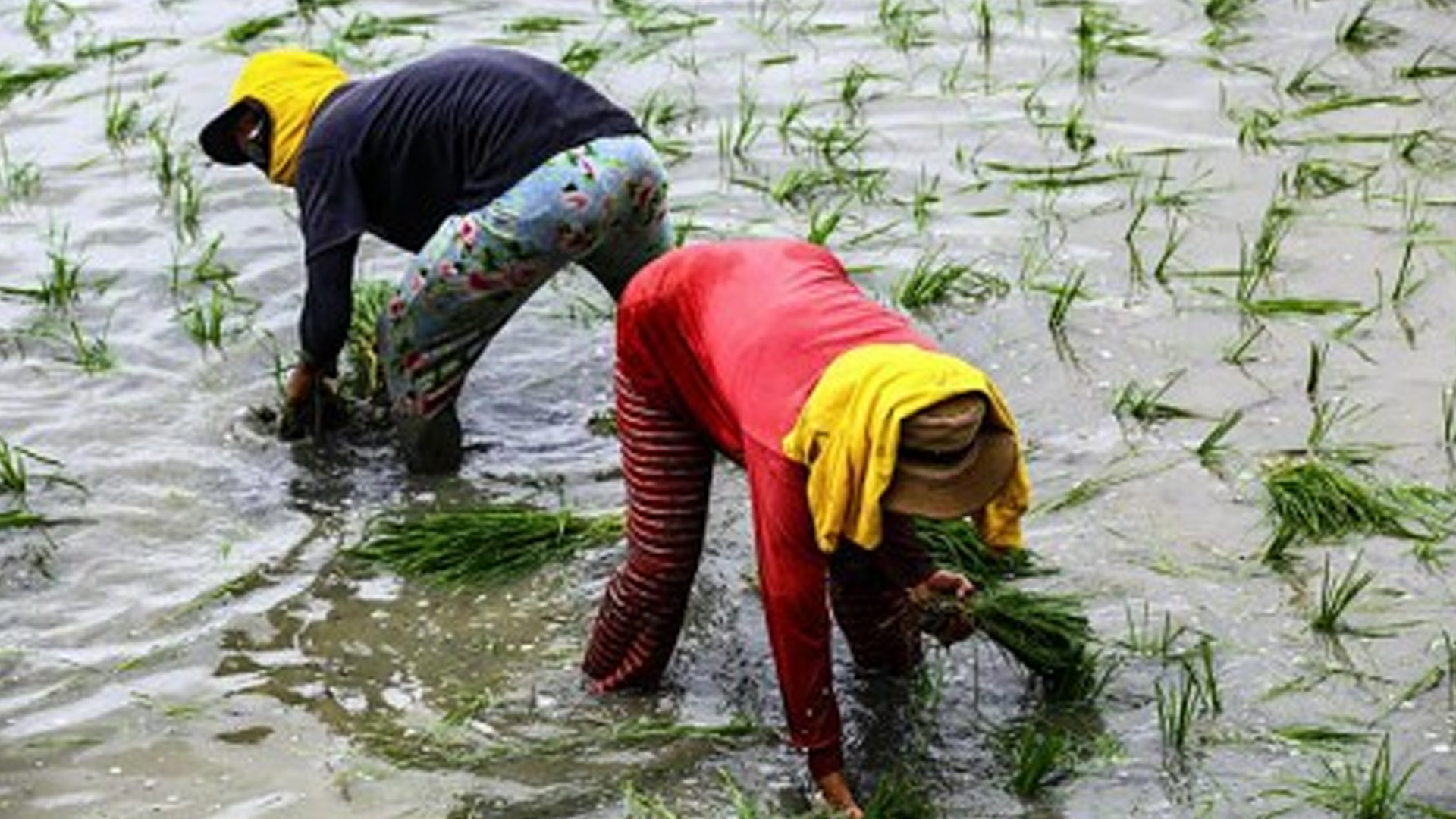The Department of Agriculture (DA) will prioritize projects with strong and sustainable returns under its multiyear budget plan.
At a recent two-day budget planning session, Agriculture Secretary Francisco Tiu Laurel Jr. stressed the need to strategically allocate limited resources, focusing on projects with an internal rate of return of 12 percent to 14 percent per year or a payback period of no more than seven years to ensure bankability and profitability.
Tiu Laurel introduced a corporate approach to DA’s operations and budgeting when he joined the Marcos administration in November 2023, stressing the
He said every peso spent must generate returns that support both project sustainability and national agricultural development. Projects failing to meet investment-grade criteria would not be prioritized, even if they are agriculturally viable.
“We don’t have infinite resources, and we can’t afford to waste them,” he said in a news release on Sunday.
Tiu Laurel cited a recent mushroom farming proposal that would take over a decade to recover the investment.
“At eight percent, it would take 12 years to recover the investment. That is not good business,” he said.
He underscored the need for efficiency in resource allocation, ensuring that high-return projects take precedence to maximize impact and farmer profitability.
“We need to think like business people, not just farmers,” he said.
Beyond prioritizing high-return projects, Tiu Laurel also called for diversifying agricultural activities to strengthen the sector’s resilience.
Rejecting the traditional “one-town, one-product” model, he instead proposed that each town focus on multiple key commodities to reduce reliance on a single crop.
Drawing from his own experience, Tiu Laurel recounted how his family’s fishing business had a challenging stretch around the time of the Asian crisis in the early 1990s, prompting them to diversify into food processing, cold chain and shipyard.
“By having multiple businesses, we ensured that if one has a difficult period, the other businesses could take up the slack,” he shared.
He believes Filipino farmers must adopt a similar approach, focusing on a “trinity of products” to mitigate risks.
However, he cautioned against excessive diversification, warning that growing too many crops could lead to inefficiencies.
Instead, he advocated for a balanced approach that enables towns to withstand downturns in one crop while maintaining focus on others with stronger market potential.
“We need to invest wisely so that we can secure the future of our farmers and our agriculture sector for generations to come,” he said. (PNA)









